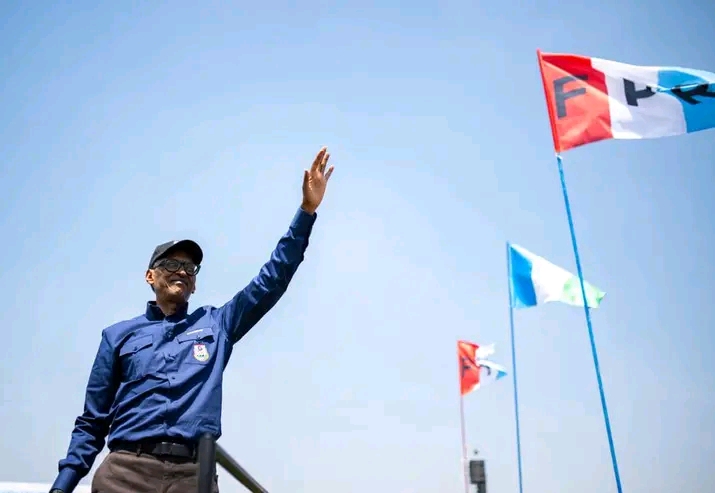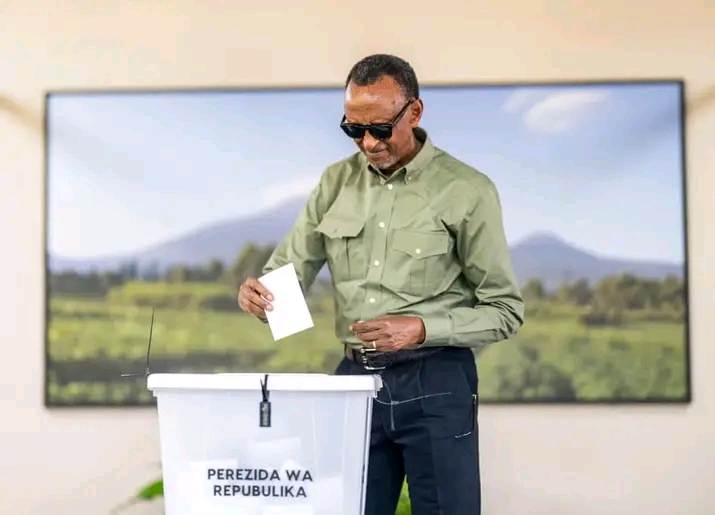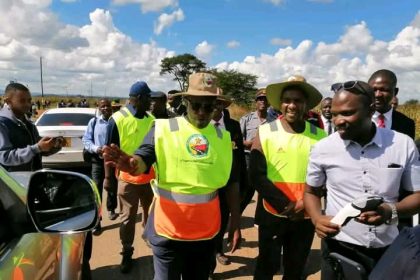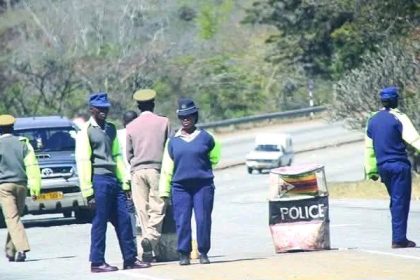
Rwandan President Paul Kagame has secured a landslide victory in the country’s recent presidential election, winning 99% of the vote. This marks his fourth term in office, cementing his position as one of Africa’s longest-serving leaders.
Kagame’s leadership has been marked by both praise and criticism. Supporters credit him with bringing stability and economic growth to Rwanda, while critics accuse him of silencing political opposition and stifling dissent. Despite controversies, Kagame remains a dominant figure in Rwandan politics, with his victory affirming his continued influence and popularity among voters.

The election saw a significant voter turnout, with 9 million out of Rwanda’s 14 million population registered to vote. International observers and local observers were present during the election process, ensuring transparency and fairness. Kagame’s victory has been attributed to his firm governance style, which critics argue stifles dissent but supporters assert has been crucial in guiding Rwanda toward stability and development.
As Rwanda moves forward under Kagame’s leadership, the international community will be watching closely to see how the country navigates issues of democracy, human rights, and economic development. Kagame’s presidency has been marked by both progress and challenges, and his next term is likely to be shaped by the complex interplay of domestic and international factors.






